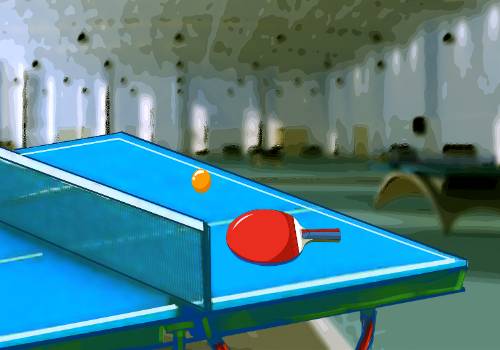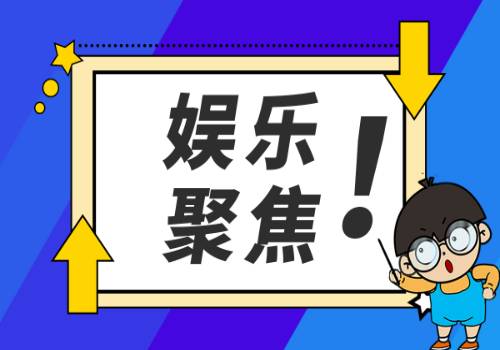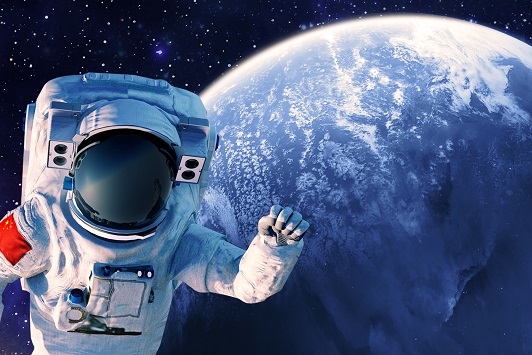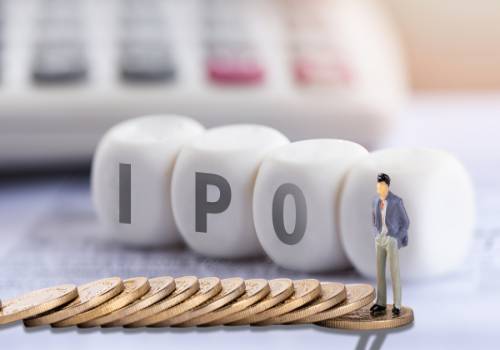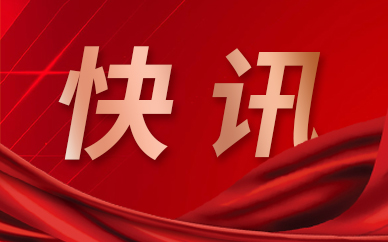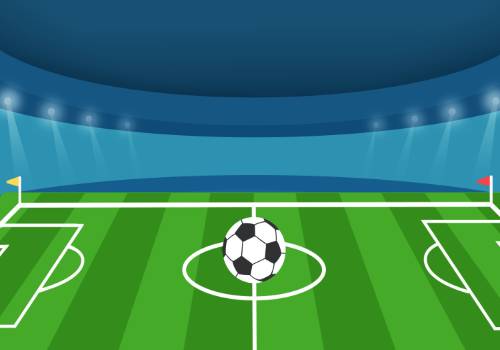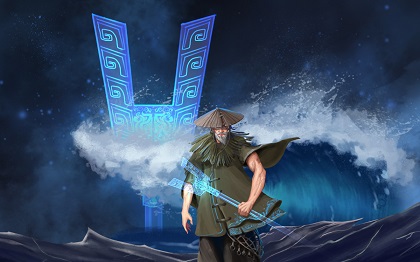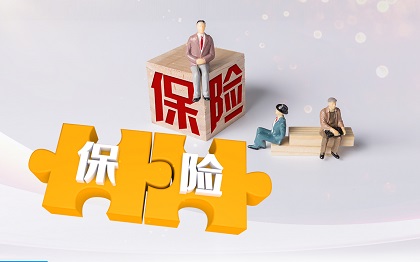President Xi Jinping and Russian President Vladimir Putin shake hands during a document signing ceremony following their talks at the Kremlin in Moscow on Tuesday. [Photo/Xinhua]
Cooperation: Visit boostsSino-Russian economic ties
President Xi Jinping wrapped up his three-day state visit to Russia on Wednesday, a trip of special significance in boosting bilateral ties and promoting global strategic stability amid the ongoing Ukraine crisis.
 (资料图片)
(资料图片)
State Councilor and Foreign Minister Qin Gang described the visit as "a historic trip of friendship, peace and cooperation".
Briefing the Chinese media after the visit was concluded, Qin said that Xi and Russian President Vladimir Putin had hours of sincere, friendly and fruitful talks, and exchanged their views on bilateral relations, the Ukraine crisis and major international issues, and reached a broad consensus.
Under the new circumstances, China and Russia stay committed to promoting the comprehensive strategic partnership of coordination, which benefits the two peoples and will make new contributions to human development and progress, he said.
The two presidents signed and released a joint statement on deepening the China-Russia comprehensive strategic partnership of coordination for a new era, in which the two sides made it clear that China-Russia relations transcend those of a Cold War military-political alliance and have the nature of no-alliance, no-confrontation and not targeting any third party.
While underlining the need for China and Russia to boost pragmatic cooperation in various fields, the two countries reiterated their commitment in the joint statement to firmly upholding the international system with the United Nations at the core, opposing hegemonism, unilateralism and power politics in any form, and opposing bloc confrontation and the forming of small circles targeting a specific country.
On the Ukraine crisis, the two countries stressed that responsible dialogue is the best way to achieve appropriate solutions. They called for stopping all moves leading to tensions and the protraction of the conflict, and opposing any unilateral sanctions not authorized by the UN Security Council, the statement said.
They also expressed their concerns about the continuous strengthening of NATO"s military ties in the Asia-Pacific and its negative influence on regional peace and security.
Observers said that as two major countries in the world, China and Russia strengthening their relationship is crucial to each other"s development and to the global geopolitical landscape.
Alexsander Bobrov, a foreign policy expert at MGIMO University in Moscow, said Xi"s visit will further boost Sino-Russian economic cooperation.
China has been Russia"s largest trade partner for 13 consecutive years. In 2022, China-Russia trade exceeded $190 billion, an increase of 116 percent from a decade ago.
In the first two months of 2023, bilateral trade increased 25.9 percent year-on-year to $33.69 billion, while the two nations have also notably heightened the synergy between the Belt and Road Initiative and the Eurasian Economic Union in recent years.
Sergey Malakhov, executive director of the Institute for the Development of Parliamentarism in Russia, said the meeting between the two leaders has significant meaning not only for Russia but also for the international community, as Western countries are waging an aggressive public political campaign to put pressure on Russia, seeking to weaken the country"s position on the international stage.
During his joint news conference with Putin on Tuesday, Xi said that China-Russia relations go far beyond the bilateral scope and are crucial to the world and the future of mankind.
Through multilateral institutions like the UN, the Shanghai Cooperation Organization, BRICS and the G20, China and Russia have worked closely on regional and global security.
Imran Khalid, a freelance columnist on international affairs, wrote in an op-ed piece published by the China Global Television Network website that what Westerners are unable to see is the solid core of trust that has evolved between China and Russia in the past two decades. Promoting multipolarity and the democratization of international relations are the two fundamental elements that create strong bonds between the two sides, he wrote.
Khalid commended China"s position on the Ukraine issue, saying it is one of "active neutrality", which reflects the demands of both Russia and Ukraine, and addresses broader international issues such as food security and global strategic stability.
"It fully recognizes the complexity and difficulty of the issue, and shows China"s responsible attitude of not standing idly by, not fueling the fire, and opposing taking advantage of the situation," he wrote.
